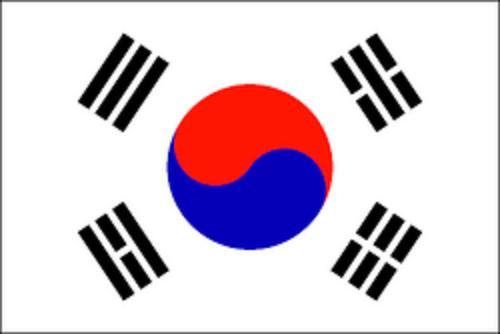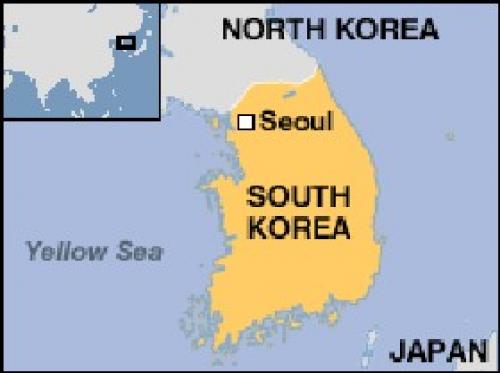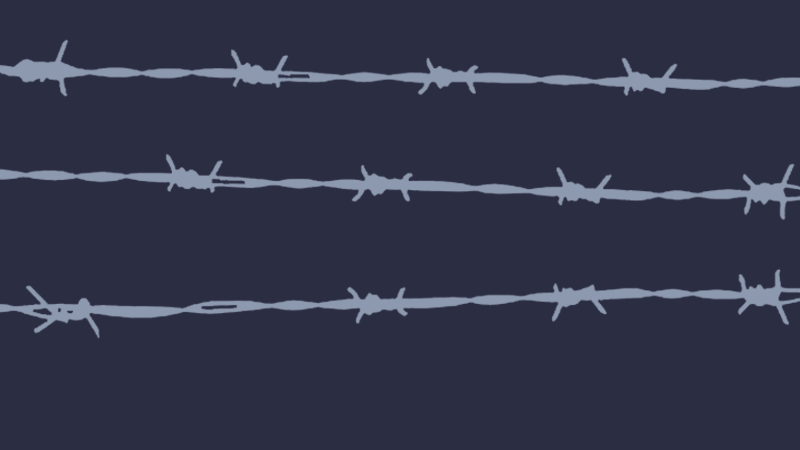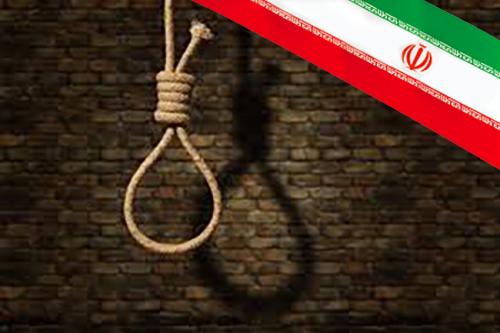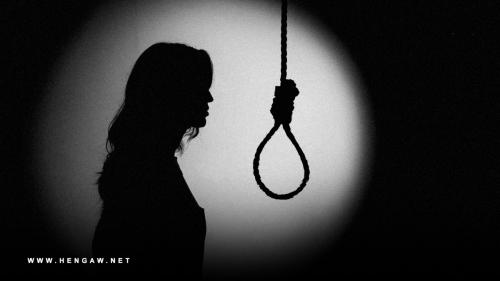government: Presidential parliamentary democracy
state of civil and political rights: Free
constitution: 25 February 1988
legal system: Based on elements from European, Anglo-Saxon and Chinese codes
legislative system: unicameral National Assembly (Kukhoe)
judicial system: Supreme Court, justices are appointed by the president subject to the consent of the National Assembly
religion: Christian 49%, Buddhist 47%, Confucianist 3%, Shamanist, Chondogyo, and other 1%
death row: 62 (Sources: Joins.com, 21/09/2006)
year of last executions: 0-12-1997
death sentences: 1
executions: 0
international treaties on human rights and the death penalty:International Covenant on Civil and Political Rights
1st Optional Protocol to the Covenant
Convention on the Rights of the Child
Convention Against Torture and Other Cruel, Inhuman or Degrading Treatment or Punishment
Statute of the International Criminal Court (which excludes the death penalty)
situation:
Capital punishment is provided for 103 crimes: 19 crimes, including murder and espionage, under the constitution and 84 crimes under the National Security Law and five other laws.
In 1996, the Constitutional Court ruled 7-2 that the death penalty was constitutional. In explanation of their decision, the Court said that the right to life can be restricted to safeguard innocent citizens. The Court also acknowledged the efficacy of the death penalty as a crime-deterrent.
The National Security Law is a set of stringent strictures prohibiting even the vaguest expression of sympathy for communist North Korea. In October-November 1999, after its consideration of South Korea's initial report under the International Covenant for Civil and Political Rights (ICCPR, ratified by South Korea), the UN Human Rights Committee recommended that South Korea "phase out the National Security Law".
On November 28, 2002, the Constitutional Court ruled as unconstitutional a clause in the National Security Law allowing the death penalty to be imposed on those found guilty of repeatedly praising North Korea, or encouraging others to do so.
According to an October 2001 Justice Ministry report, South Korea had executed a total of 1,634 people for serious crimes since liberation from Japanese rule in 1945, averaging 28.6 people a year. Since independence in 1948, 902 people have been executed in South Korea, most of them by hanging. More than half of those executed up to 1987 had violated the National Security Law.
According to the Justice Ministry, 39 people were put to death under the Roh Tae-woo government and 57 under the Kim Young-sam administration.
Since relations with the North began improving in the 1990s, South Korea's overall climate has become more relaxed, as has the public attitude toward capital punishment. Nobody has been executed since February 1998 when President Kim Dae-jung, who had been on death row himself, was sworn in.
On February 18, 2005, the South Korean Assembly's Legislation and Judiciary Committee opened its general meeting and started discussing the bill to ban capital punishment submitted by Uri lawmaker Yoo Ihn-tae and signed by a total of 175 lawmakers. The proposed bill would scrap the death penalty and replace it with a punishment of life imprisonment, with no parole or pardon possible. But Justice Minister Kim Seung-kyu expressed concern over the spreading move to ban capital punishment and said the penalty should be maintained for now. "(The death penalty is needed) in cases of terrorist attacks where one criminal may claim many lives," Kim said.
A movement for the abolition of the death penalty in the country had been on the rise for some years, but previous proposals to legislate for abolition never made it to a full National Assembly debate. However in the April 2004 elections, a liberal majority was returned to Parliament with most deputies from the Uri Party. This increases the likelihood of success for the bill.
On April 21, 2004, at the 60th session of the UN Commission on Human Rights, South Korea abstained on the resolution on the death penalty. It had voted against the resolution in previous years.
A The Korea Herald report dated February 21, 2006 said there were 57 people on death row in South Korea. The last execution, by hanging, took place in December 1997.


